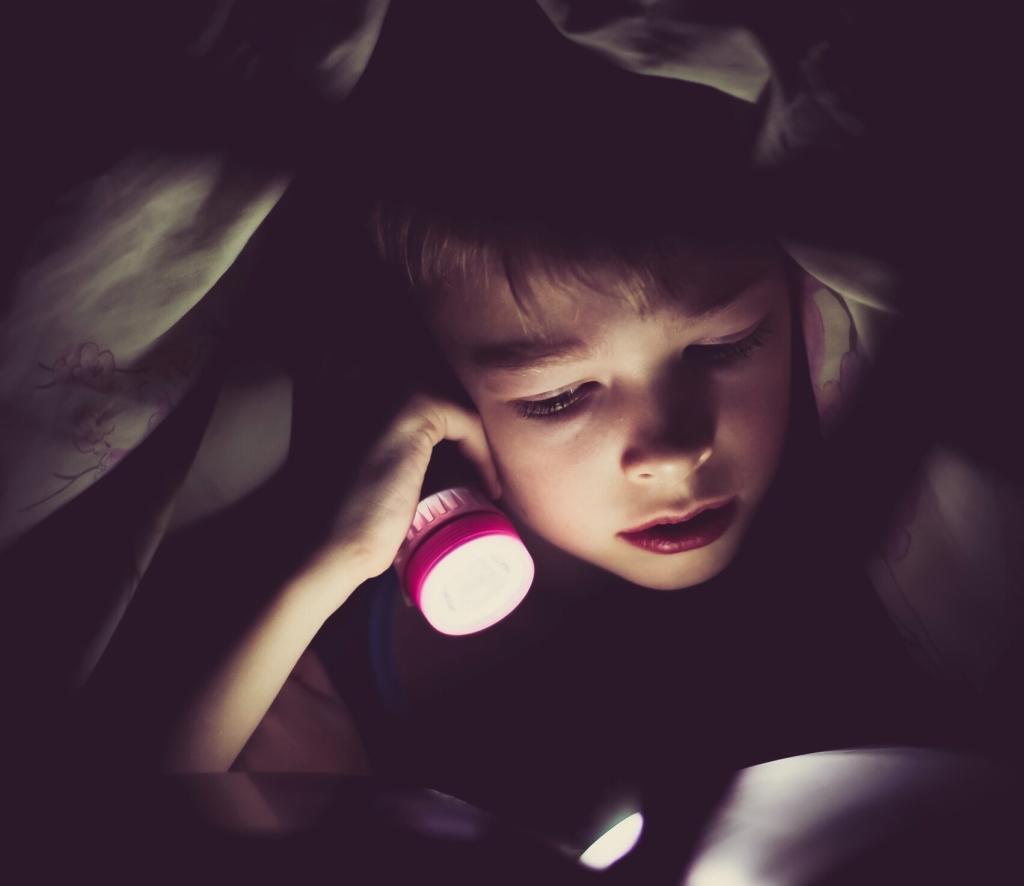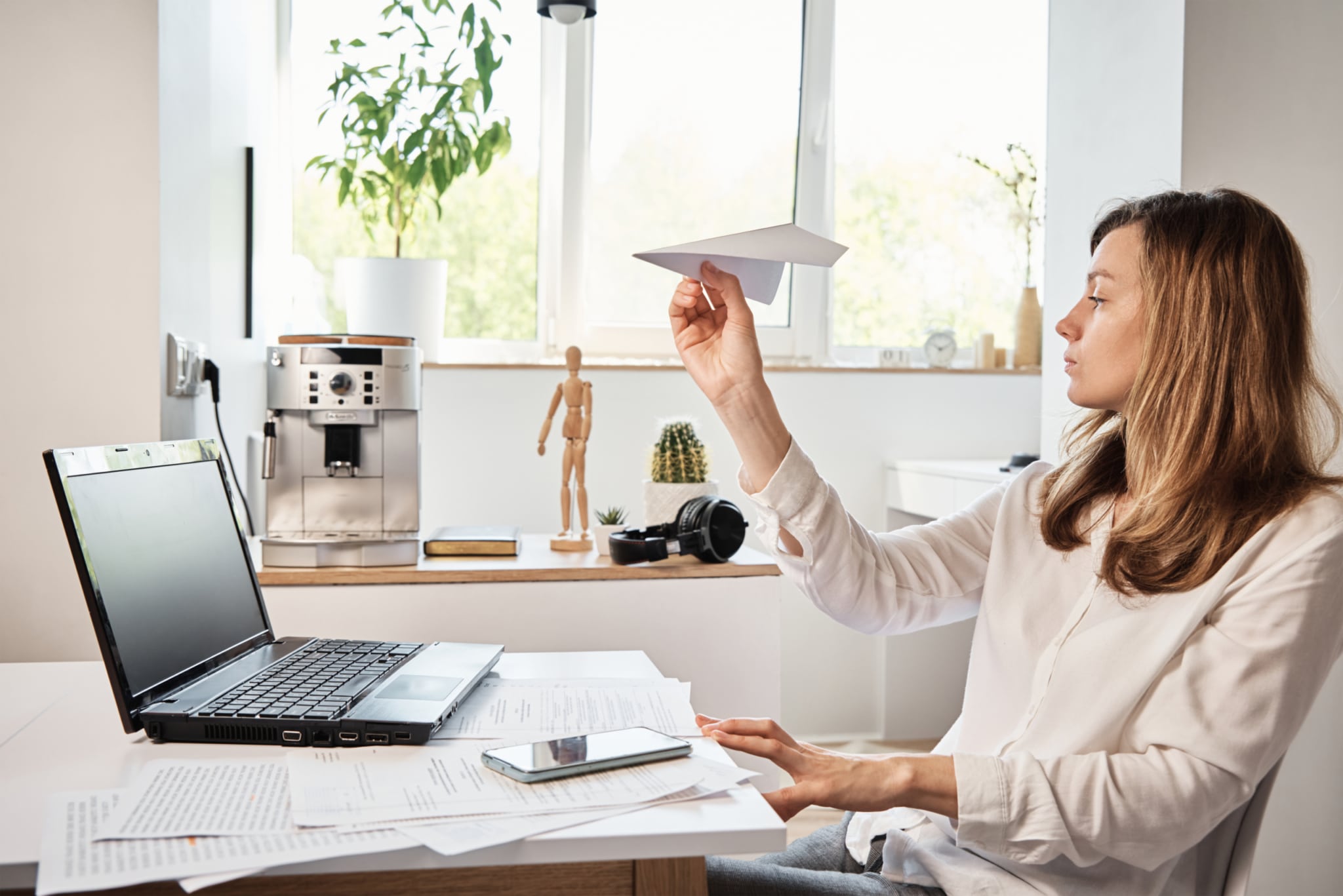12 Things You Should Do When the Power Goes Out

Power outages can take you by surprise – one moment, you’re going about your day as normal, the next, the lights are out, and you can’t see a thing. It’s important not to let the surprise overcome you, and there are several things you should take care of when the power goes out to keep you, your family, and your home safe until the lights are back on.
Find a flashlight
If it’s in the evening or if your home doesn’t get much natural light, the first thing you’ll want to do is grab a flashlight so you can see what you’re doing. You might have several flashlights stashed away in your home, but make sure there’s one that’s never moved so you always know exactly where to find it when the lights go out.
You’ll want to make sure you’re stocked up on batteries, too – if the power will be out for a long time, you might need to replace your flashlight’s batteries a few times.
Check the circuit breakers
The power outage might be localized to your block or be a city-wide issue – or it could just be a problem in your own home. The best way to check is to go and look at your circuit breakers. If any of them are in the off position, then it means an electrical fault or a blown fuse is the cause of your power going out.
If this is the case, try flipping the main breaker off, put the circuit breaker that was turned off into the on-position, and then turn on the main breaker again. Your power may come back on again with no problems, or it could stay off. If this is the case, you’ll need to call an electrician to come and fix the issue. Don’t try and fix it yourself – chances are you could just make things worse and put yourself and your home in danger.
Check in with your neighbors
If you’re still not sure what the issue is, check with your neighbors. If their power is out too, it’s likely that the power outage is a wider issue than just your home. You might also notice that streetlights are off or other homes all have their lights out.
By going outside, you might also come across the cause of the problem yourself – for example, if a power line has been taken down by a fallen branch or tree because of bad weather. If this is the case, stay away from the fault site to avoid any risk of electrocution.
Call the power company
If you’ve figured out that it’s a wider power outage or if you’ve seen the cause of the power fault, try to contact the power company to inform them. It might take a while to get through as other people will also likely be ringing them, but stay on the line – you could have valuable information for them, or they might be able to tell you more about the issue and when it will be resolved.
Unplug your appliances
It’s helpful to unplug appliances for a couple of reasons. First, if you were halfway through using an iron, stove, or other potential fire hazards when the power disappeared, you need to make sure they won’t be forgotten about and come back on as soon as power returns and risk causing a fire.
Second, when your electricity is restored, there’s likely to be a power surge as everything suddenly begins taking energy from the grid again, which may damage anything that’s plugged in when the surge happens. To prevent any power surge damage, unplug everything – apart from your refrigerator and freezer, which you want to start cooling again as soon as possible, and a single light, so you can easily tell that power is back when it turns on.
You can either turn off and unplug all your appliances one by one – or you can just flip your main circuit breaker off to turn off everything in one go. Doing the latter means you’ll have to keep an eye on streetlights to know when power is back, however, and also means if power comes back during the night, you won’t be able to turn your refrigerator, freezer, or heating back on until the morning.
Save your water
If the power goes out, it might mean you lose access to your water supply as well, depending on how it’s sourced. If your water does go out, you should fill up all your sinks, bathtubs, and any empty bottles or containers you have spare with whatever water is left in the system. Along with a good supply of bottled water, this should give you enough water to last until the power comes back and your water supply is restored.
Be careful to only use water when necessary. You can save water by using hand sanitizer and baby wipes to wash yourself instead of having to use up your water supply – it might not be as nice as washing yourself properly, but it’ll keep up your hygiene while saving water for drinking.
Check-in on vulnerable friends & family
Power outages can be more dangerous to some people than others – especially during extreme weather. If it’s the middle of a summer drought or a cold winter, the heat or cold can pose a danger to the elderly or people with medical conditions.
Even if the phone lines are down, you can still try to keep in touch with vulnerable family and friends with your cellphone. Try to conserve its battery for contacting them or emergency services if necessary – that means no using a smartphone for films or games while your TV is out of action.
Try to help out vulnerable people you know in any way, whether that’s delivering food to them, making sure they have enough water, or even inviting them to stay with you until the power comes back to make sure they aren’t on their own.
Preserve your food
If the power’s out, that means your refrigerator and freezer are going to start warming up. As such, you’ll need to make sure your food isn’t going to start to spoil. Keep the refrigerator and freezer doors closed as much as possible to prevent heat from getting in. If the power is going to be out for a while, take out short-life food, use up anything you can, and dispose of the rest.
If you need to keep food cool, an extra option is to use your toilet’s water tank. It might sound a bit gross, but the water in there should be clean, so as long as you only store food in airtight packaging or containers in there, it can provide you with a little extra cold storage.
Prepare your food safely
With no oven or microwave to use, you’ll most likely have to rely on ready-to-eat, non-perishable food. You can either eat ready-to-eat food straight from the can or packet or use a camping stove to prepare your food – just make sure it’s cooked thoroughly to avoid making yourself unwell.
You might be able to use a gas stove if your gas supply is still on. However, you’ll need to use a match to light it and be absolutely sure you turn it off fully when you’re done, especially if you’re using candles for light.
If the power outage is localized to just your block or your own home, you could always look elsewhere for your meals – order takeout from somewhere in town, go out for a meal or ask a friend or family member if you can visit and eat with them.
Have a power outage kit ready
It’s helpful to keep a power outage kit tucked away in a single container that’s easy to access when you need it to avoid fumbling around in the dark for everything you need. Stock it with all the useful items you might need during a power outage, for example:
- Spare batteries and flashlights
- Candles for extra light
- Matches to light candles and stoves
- A fire extinguisher or fire blanket (in case you knock any candles over)
- USB battery packs to keep your cellphone charged
- Non-perishable, ready-to-eat food
- Battery-powered radio to listen for updates on the power situation
- First aid kit in case of accidents
- Sleeping bags or spare blankets to stay warm
Go elsewhere if there’s power there
Depending on the scale of the power outage, there might still be places in your area with a power supply. If this is the case, don’t feel like you need to stay home waiting for the lights to come back on – head out and find somewhere more comfortable.
You could visit friends or family who still have power, head to a public library if you need to do work, get food at a restaurant, or even kill some time by going to the movies. If you can find somewhere with public charging stations, even better – you can top off the charge on your phone, laptop, and other devices while you’re there.
Obviously, though, this depends on what has caused the power outage. If it’s severe or outright dangerous weather, you may be better off staying at home where you know it’s safe. But if you can guarantee it’s safe to travel or face any immediate danger by staying in your home, leave.
Entertain yourself (the old-fashioned way)
You might be able to get by with laptops, tablets, or portable game consoles for a while, but eventually, they’ll run out of charge. You should be saving any portable battery packs for your cellphone, so you can use them in emergencies. That means finding ways to keep yourself entertained without electricity.
Keep a good stack of books and magazines for some cozy candle-lit reading, or break out the board games if you’re feeling more social. A deck of cards is a great option if you know a few different games to play with them, or if anyone in your house has an instrument, get everyone together for a group singalong.
While power outages can be disconcerting, you can get through them easily and safely if you know what to do. By following these steps, you can ensure that everyone is still safe, healthy, and happy by the time the lights turn on.



